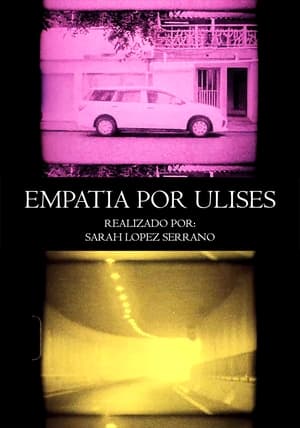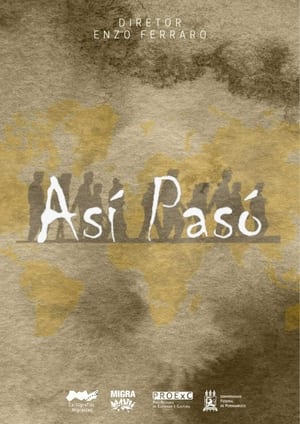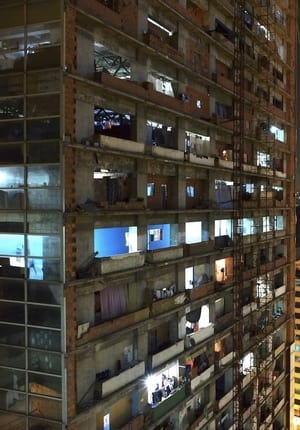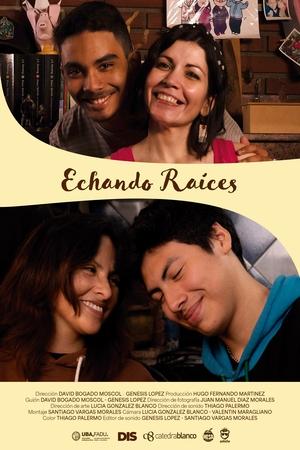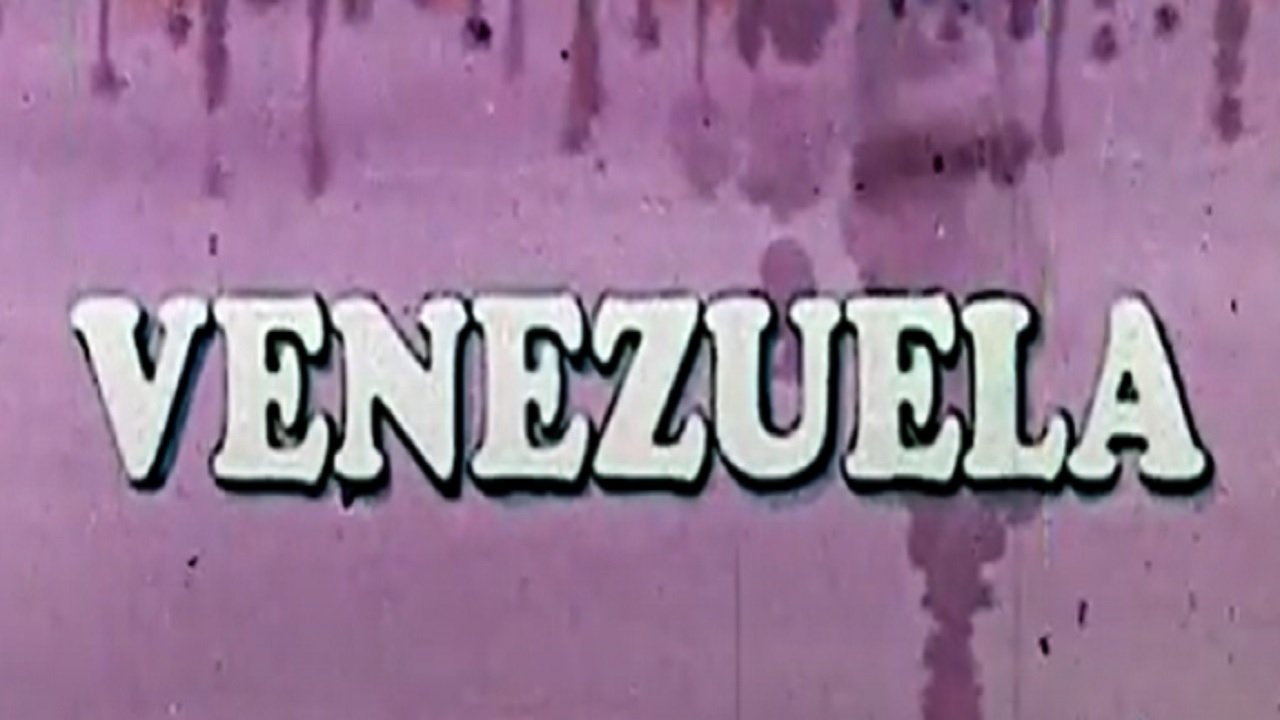
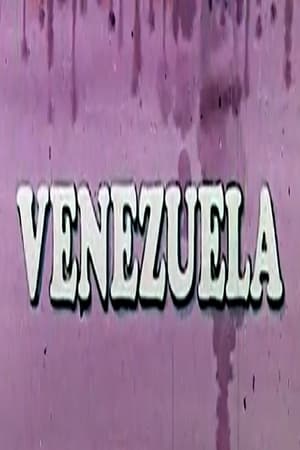
Venezuela(1961)
Presenting an overview of Venezuela's culture, economy and geography. Visits two contrasting families of Caracas, depicting the cosmopolitan life in a modern city and the harsh existence of the farmer working on land that has had no rain in four years.
Movie: Venezuela

Venezuela
HomePage
Overview
Presenting an overview of Venezuela's culture, economy and geography. Visits two contrasting families of Caracas, depicting the cosmopolitan life in a modern city and the harsh existence of the farmer working on land that has had no rain in four years.
Release Date
1961-01-01
Average
0
Rating:
0.0 startsTagline
Genres
Languages:
Keywords
Similar Movies
Beauty Factory(en)
From oratory classes to operating room, Beauty Factory follows five girls for four months as they compete for the coveted Miss Venezuela crown; revealing the process that has won Venezuela more international beauty pageants than any other country.
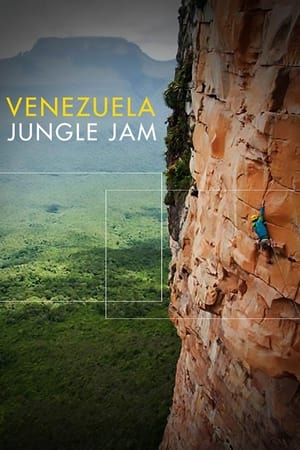 10.0
10.0Venezuela Jungle Jam(en)
The latest film from the Belgian climbing team, following Asgard Jamming and Vertical Sailing Greenland, Venezuela Jungle Jam features Sean Villanueva O'Driscoll, Nico Favresse, Stephane Hanssens and Jean-Louis Wertz as they attempt a new free climb on the overhanging 500m wall of Amuri Tepul in the Venezuelan Jungle.
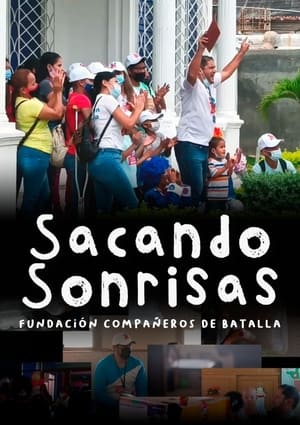 0.0
0.0Bringing Out A Smile(es)
The daily life of the volunteers of the Compañeros de Batalla foundation, dedicated to providing support and hope to the children fighting cancer at the Pediatric Specialties Hospital in Maracaibo.
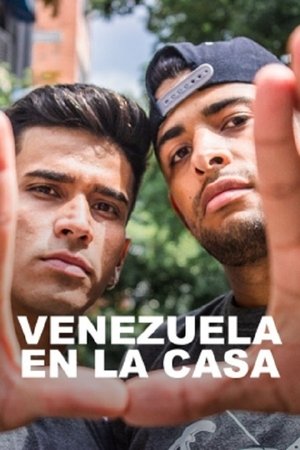 3.0
3.0Venezuela at Home(es)
Two groups of Venezuelan dancers, while preparing for a dance battle, survive at traffic lights in the streets of Medellín. A group reflection on love, family and identity, far from home.
The heart of Caracas(es)
Caracas has been changing since the nineteenth century this is a story that tries to explain why the Venezuelan capital is complex, chaotic and fertile. In light of these new evidences, community experiments, social awareness and organization of people, seem to be the necessary ingredients to rescue a metropolis that is not yet completely lost.
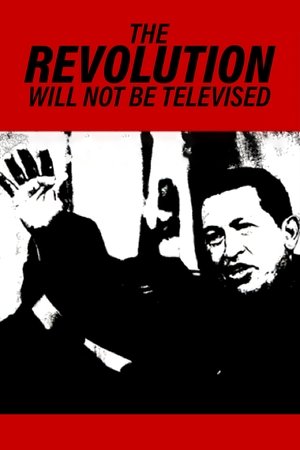 7.7
7.7The Revolution Will Not Be Televised(en)
Hugo Chavez was a colourful, unpredictable folk hero who was beloved by his nation’s working class. He was elected president of Venezuela in 1998, and proved to be a tough, quixotic opponent to the power structure that wanted to depose him. When he was forcibly removed from office on 11 April 2002, two independent filmmakers were inside the presidential palace.
Final Absolution: History of a Photograph(es)
During a military uprising known as “El Porteñazo”, a priest is photographed while trying to help a soldier wounded in combat. The photo travels the world and is awarded the most important prizes in photojournalism, such as the Pulitzer Prize and the World Press. Throughout this documentary, photographers, editors and witnesses reveal various aspects surrounding that image: who is the priest, who was its author, the events that surrounded the photographic event, what was its political role and what said image represents in the history of Venezuelan journalism. Additionally, it allows the presentation of other photographs, some unpublished, that Rondón managed to capture in those difficult moments.
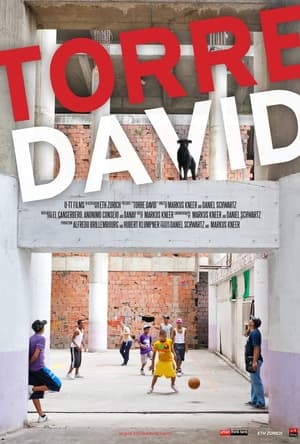 0.0
0.0Torre David(en)
Torre David, a 45-story office tower in Caracas, was almost complete when it was abandoned following the death of its developer and collapse of the Venezuelan economy. Today, it is the improvised home of more than 750 families, living in an extra-legal occupation that some call a vertical slum.
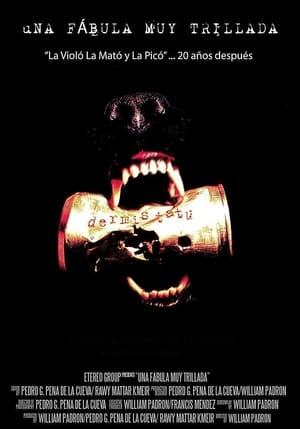 8.0
8.0Una Fabula Muy Trillada: The Legacy Of Dermis Tatú(es)
Two decades ago, Venezuela's power trio Dermis Tatú released their only album, "La violó, la mató y la picó" ("Raped her, killed her and cut her"). The band was an offspring from the separation of Sentimiento Muerto, and was formed by Carlos "Cayayo" Troconis (voice and guitar), Héctor Castillo (bass) and Sebastián Araujo (drums). The record is still considered by many as the most influential in the Venezuelan rock scene. Twenty years later, Castillo and Araujo remember the stories behind the recording, as a group of the current generation of Venezuelan rockers, not only explain its influence and impact, but also play all the songs from the album, making them their own.
Persona Non Grata(nl)
Prosecuted as a revolutionary, banned as a priest, arrested as a rebel, celebrated as an artist. This is Frans Wuytack's truly inspiring and overwhelming story. He unchained a social and cultural revolution in the 60's changing the lives of so many people, from the Venezuelan slums to the Belgian Ports. An epic journey made by his son Fabio Wuytack.
 0.0
0.0En Venezuela es la cosa(es)
In the midst of economic prosperity, when Venezuela welcomed millions of migrants, this documentary narrates different realities of the country.
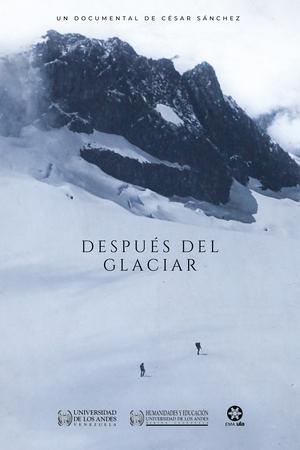 0.0
0.0After the Glacier(es)
Jhonny Quintero, the only survivor of the catastrophe in Mérida, Venezuela, in 2000, relives his tragic accident in which a group of high mountain hikers were buried by a block of ice and snow. This event led to a rescue operation that lasted 16 days, known as Operation Humboldt. During this time, an arduous search was conducted to locate the missing and rescue the survivors under extreme conditions.
 0.0
0.0Entendidos(es)
A documentary on the history of the gay magazine Entendidos, a pioneering publication on LGBTQ+ rights in Venezuela.
 0.0
0.0Volver a Volver(es)
The Sykora family are only four people out of millions of Venezuelans that have recently escaped their collapsing country. They land in the Czech Republic, the country where Grandpa Jan was born, but also a place utterly strange to them. In a matter of months their savings have almost gone and job seeking becomes a nightmare. Again, the dream of just having a normal life starts to vanish. Will the family manage not to crumble along the way?
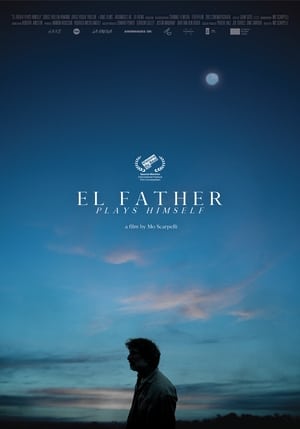 7.0
7.0El Father Plays Himself(es)
A young film director returns to Venezuela, inspired to make a film based on his father's life in the Amazon jungle (La Fortaleza, Jorge Thielen Armand). He casts Father to play himself. What starts as an act of love and ambition — filmmaking to more deeply understand the self, and the other — spirals into a process which confronts Father’s struggles with addiction and his life devoid of his son. EL FATHER PLAYS HIMSELF holds a steady lens to the way the act of cinema unearths, binds, heals and destroys.
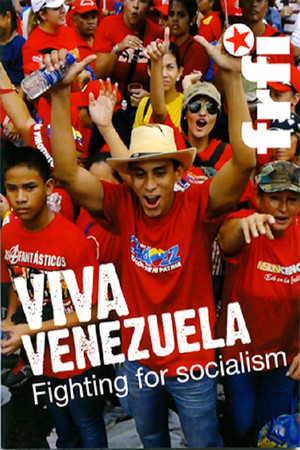 0.0
0.0Viva Venezuela: Fighting for Socialism(en)
We live in a world dominated by crisis, imperialist war and exploitation. We're told there is no alternative to cuts, privatisation, hunger and homelessness. The Bolivarian Revolution illustrates what can be achieved when governments and people working together, put human need before capitalist profits. Despite Chavez's death in 2013, the process is being built every day by President Maduro and millions of Venezuelans working to create a society built on collective socialist organisation and production. Venezuela provides an inspiring example of how the fight against austerity can develop into a fight for socialism. This film takes you on that journey through the barrios, universities and workplaces to meet the political activists, students and workers who are changing their future. Alongside the achievements of socialist Cuba, Venezuela shows that not only is another world possible, but this world is being built today in Latin America.
